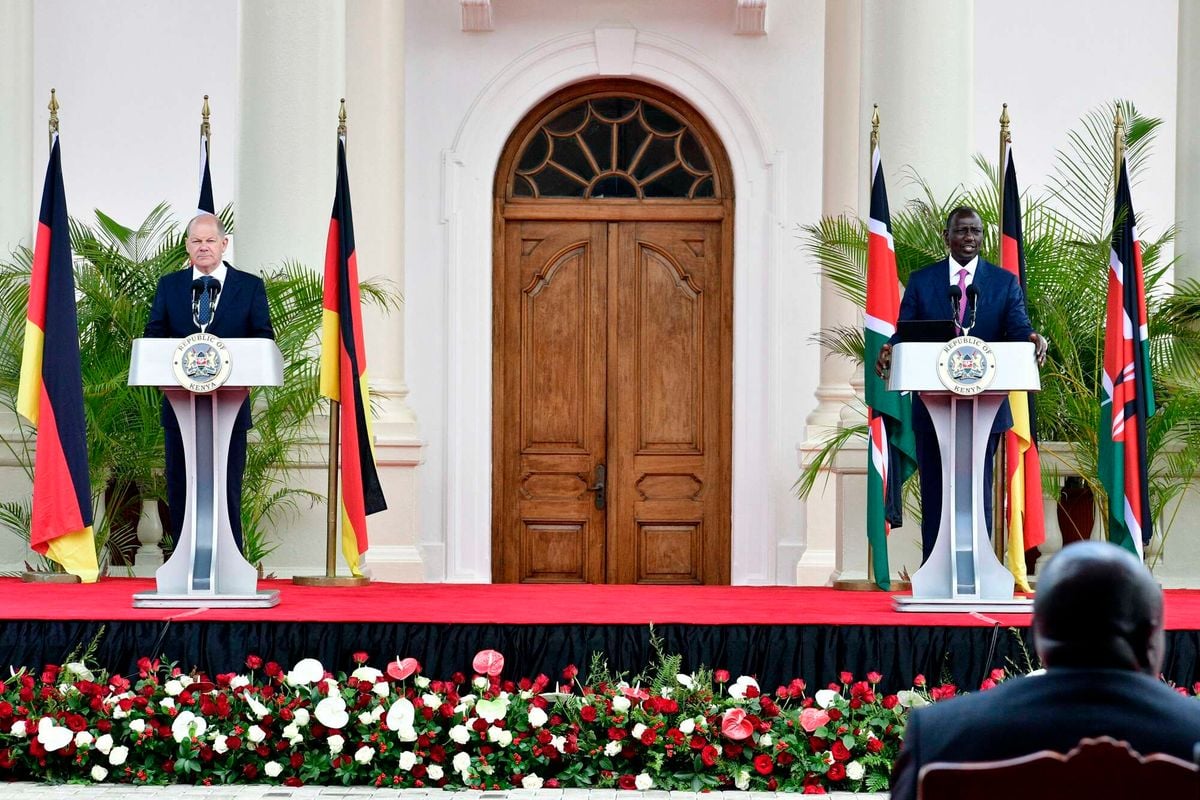Jobs
Kenya, Germany strike deal for over 250,000 jobs

Kenya and Germany have reached a draft deal on streamlining labour migration rules, opening the door for employment opportunities for professional, skilled and semi-skilled workers in Europe’s largest economy.
The two countries have agreed to establish a framework for cooperation on migration and labour mobility following the second round of talks this week.
The teams from Nairobi and Berlin announced Thursday they had concluded negotiations on a draft Comprehensive Migration and Mobility Partnership Agreement for approval by lawmakers in both countries.
“Being an international bilateral agreement, the draft shall be subjected to the relevant internal legal and procedural checks by both governments,” the negotiators wrote in a joint communique.
The deal comes a year after German Chancellor Olaf Scholz made a state visit to Kenya on May 5, last year.
President William Ruto announced after talks with the German leader that as many as 250,000 Kenyan workers would land jobs in the European country under the deal.
Diaspora Affairs PS Roseline Njogu was the lead negotiator for the Kenyan team that was led by her counterpart for Labour and Skills Development Shadrack Mwadime.
The German delegation was led by Special Commissioner for Migration Agreements Joachim Stamp and Holger Schamberg from the Ministry of Interior and Community.
The negotiators, who met on Tuesday and Wednesday, said they expect the draft deal to be signed in September, paving the way for implementation that would kick off with a job fair in Nairobi.
“We are committed to developing a clear framework to allow migration of Kenyan skilled workers in a safe, orderly and regular manner. This will ease mobility and fast-rack migration between the two countries,” said Mr Mwadime.
The Nairobi talks followed an initial meeting in Berlin in March, a month after Labour ministers in both countries formed a joint committee to ensure the fulfilment of a pledge made during Mr Scholz’s visit to Nairobi.
“Kenya seeks to fill the skills deficit in Germany’s labour market with its well-trained, qualified, hardworking and disciplined labour force in ICT, healthcare, construction, engineering, agriculture and hospitality, among others,” Labour Cabinet secretary Florence Bore had said in February. “We are able and ready to supply the required labour to fill the skills deficiencies in your labour market.”
Germany is Kenya’s fourth largest source of diaspora remittance flows after the US, the UK and Saudi Arabia. Kenyans in Germany sent home $43.44 million (Sh5.78 billion) in the first three months of the year, according to Central Bank of Kenya data, an 11.60 percent rise year-on-year.










